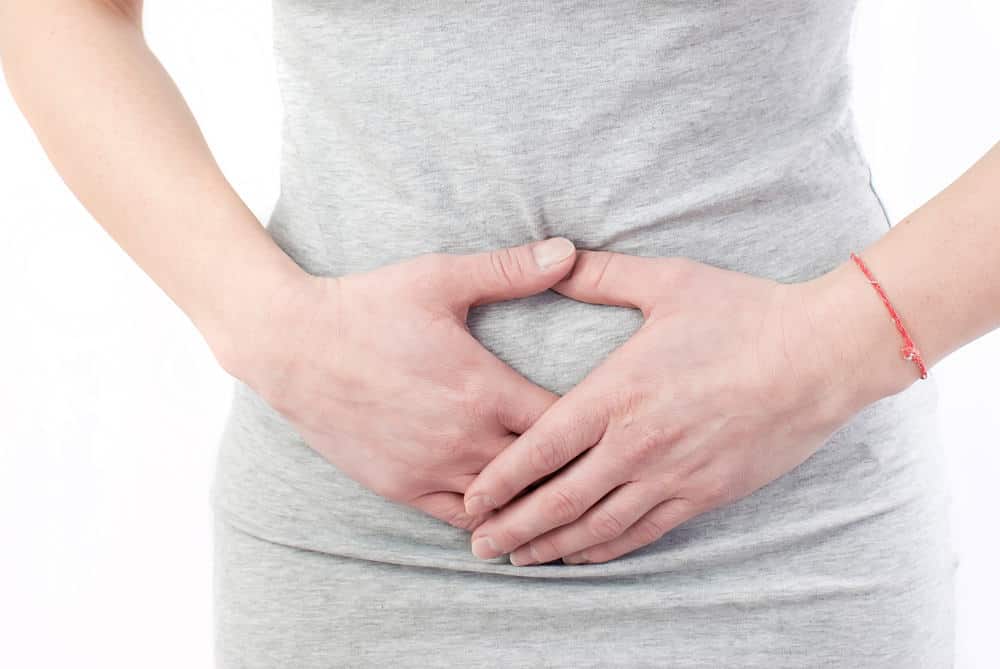Contents:
- Medical Video: Signs And Symptom Of Potassium Deficiency You Should not ignore
- What happens if the body lacks potassium
- What causes potassium deficiency?
- How do you prevent your body from lacking potassium?
- 1. Potatoes
- 2. Avocados
- 3. Banana
- 4. Fish
Medical Video: Signs And Symptom Of Potassium Deficiency You Should not ignore
Potassium is an important mineral called electrolyte. As an electrolyte, potassium plays an important role in maintaining fluid balance in the body and controlling blood pressure. Potassium is also important for maintaining the function of the muscles and nerves that control the heart. If your body lacks potassium, the body will give a sign through a series of symptoms. There are mild and serious symptoms, depending on how severe the body loses potassium.
What happens if the body lacks potassium
Lack of potassium in medical terms is called hypokalemia. This condition occurs if the potassium level in a person's bloodstream is below the normal level. Under normal conditions, blood potassium levels range from 3.5 to 5 mEq / L. However, if the potassium level in the blood less than 3.5 mEq / L this condition can be called a deficiency of potassium.
Whereas if the potassium level is very low, which is less than 2.5 mEq / L, then this condition is an advanced potassium deficiency which can be dangerous or even cause death if it is not immediately treated.
That is why, know the signs or characteristics if your body lacks potassium to reduce more serious problems. Here are some consequences if the potassium level in your body is below the normal limit:
- Muscle cramps and twitching.
- Stomach ache.
- Constipation.
- Nausea and vomiting.
- Heart palpitations (heart palpitations; your heart rate feels unusual, like too slow, or the rhythm is not rhythmic, or has a beat more than normal).
- Frequent urination and thirst.
- Tingling and numbness.
To ensure that your body's potassium levels are normal or not, you can consult a doctor. Usually doctors will recommend patients to do several laboratory tests such as blood tests, urine tests, and ECG tests.
What causes potassium deficiency?
There are several conditions that can cause a person to lack potassium. For example a person experiences concomitant vomiting and diarrhea, sweating too much, alcoholism, eating disorders such as bulimia, and excessive use of laxatives. In addition, potassium deficiency can also be caused due to the effects of serious medical conditions, such as chronic kidney failure, diabetes ketoacidosis, folic acid deficiency, and malnutrition.
However, generally the most frequent factor causing a person to experience excessive potassium deficiency is due to the influence of taking diuretic drugs which serves to accelerate urine formation. The use of diuretic drugs is often prescribed for people who have high blood pressure or heart disease.
Therefore, avoid using excessive diuretic drugs to reduce the risk of this condition. For this reason, the use of this medication must always be under the supervision of a doctor to avoid unwanted things.
How do you prevent your body from lacking potassium?
Potassium deficiency can be prevented by consuming foods containing high potassium. Foods containing classified potassium are not difficult to find and can be included in your daily diet. Here are some foods that contain high potassium that you can consume daily to prevent potassium deficiency.
1. Potatoes
Potatoes are the best source of potassium. In fact, among other types of food, potatoes contain the most potassium, namely 925 mg of potassium.
However, don't forget to pay attention to how to process it. Always remember that fries are your biggest enemy. Better, consume baked potatoes complete with the skin. You can search for baked potato recipes like those in your favorite restaurant. However, don't forget, avoid adding excessive sauce or cheese.
2. Avocados
Many people do not want to eat avocados because they are considered high-fat fruit. However, the content of omega-6 fats in avocados is very good for reducing the potential for heart disease. Avocados contain unsaturated oleic acid which can reduce the danger of high cholesterol in the body.
In addition, one avocado is known to contain more than twice the potassium content in bananas. That is why, avocados are very good to help you meet the needs of potassium intake to prevent a shortage of potassium in the blood.
3. Banana
Besides containing carbohydrates and rich fiber, bananas also contain potassium which is good for the body. The content of healthy carbohydrates in it is also able to make the stomach feel full and help improve digestive function. In addition, eating bananas regularly can also help you avoid muscle cramps.
4. Fish
Not only is it rich in omega-3 fatty acids, fish are also high in potassium, minerals, and iron. Most fish basically contain a lot of potassium, such as salmon, sardines, tuna, and several other types of fish. Just like potatoes, avoid processing fish fried. Choose a more healthy cooking method such as being made soup, burned, or baked.













